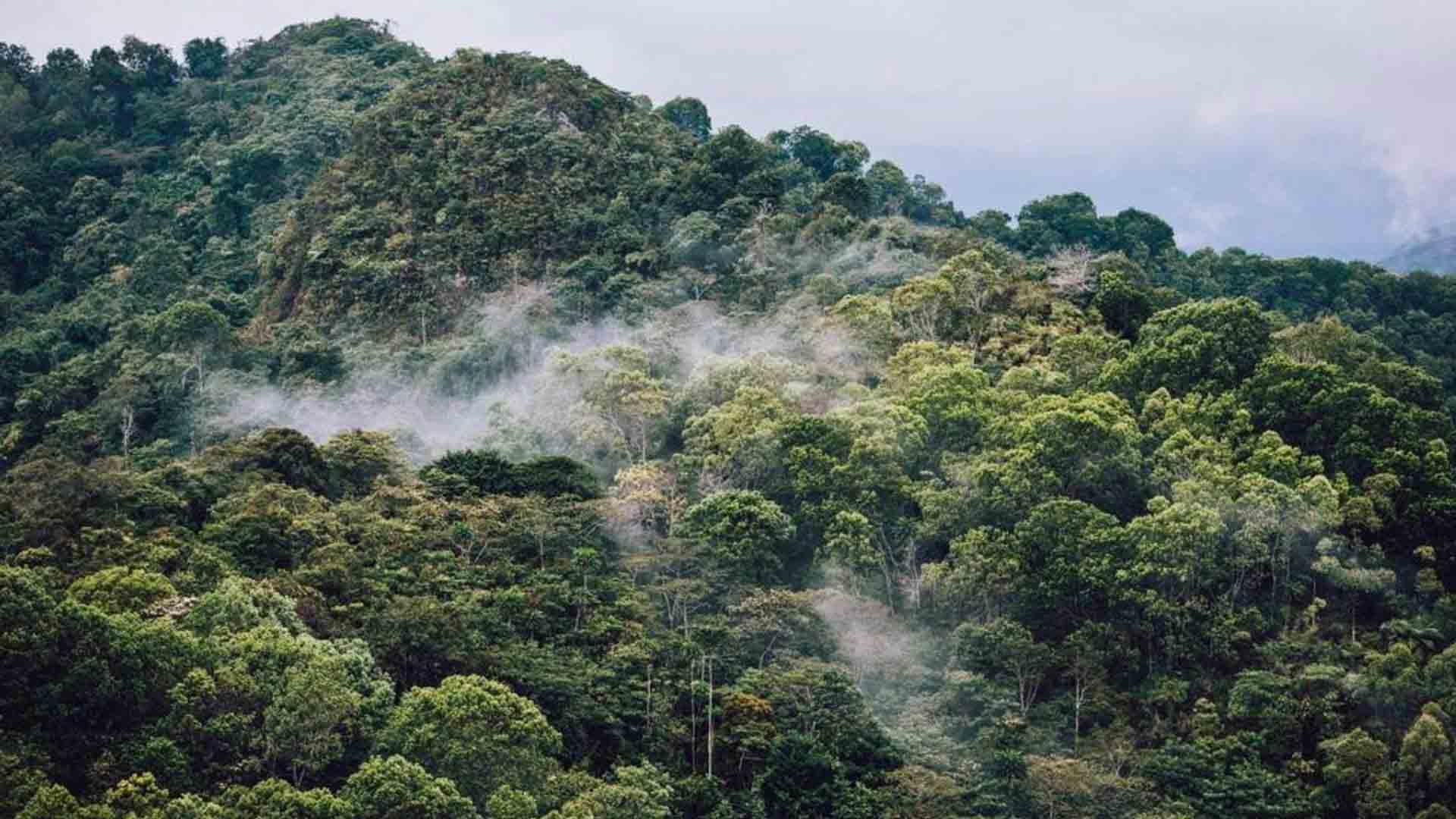The location of the Philippines in the Pacific has always made the country vulnerable to strong typhoons. An average of 20 typhoons pass through the Philippine Area of Responsibility annually, about 8-to-9 of which make landfall. However, over the past years, climate change has brought more violent storms to the country, causing severe damage to lives and properties.
The recent calamities brought by Typhoons Quinta, Rolly, and Ulysses in vast areas of Luzon are a clear manifestation that climate change is a very serious matter and demands the utmost sense of urgency and response.
A study shared recently by Alcala, Cagayan town mayor Cristina Antonio, for instance, connects environmental deterioration to the severe flooding brought by Typhoon Ulysses. Among the factors that contributed to the abnormal flooding are the loss of forests along the mountains and watersheds in the whole of Cagayan Valley which naturally regulate water flow and prevent soil erosion.
While resilient infrastructure and disaster preparedness are important during severe weather conditions, nature-based solutions such as rainforestation and watershed conservation play a vital role in mitigating the adverse effects of these natural phenomena.
The Philippines continues to experience the rapid decrease of its primary rainforests from 70% forest cover in the 1990s to only less than 1.8% to date. This rate of environmental degradation contributes negatively to global climate change and local water and food shortages, affects the country’s pristine natural habitats and endangers the lives of the local communities, especially those in vulnerable lowland areas that serve as catch basins.
“Globe believes in the importance of promoting environmental sustainability in order to protect these ecosystems to combat climate change. This is also why we encourage everyone to help in this undertaking in whatever way they can,” said Yoly Crisanto, Globe Chief Sustainability Officer and SVP for Corporate Communications.
So far, Globe and its customers have raised PhP 14.8 million equivalent to 148 hectares of reforestation sites in several areas in Bukidnon and Lanao del Sur as part of Globe’s partnership with Hineleban Foundation, Inc., a non-stock, non-profit organization based in Manolo Fortich, Bukidnon. Aside from enhancing critical watersheds in order to achieve water and food security, these efforts also help increase biodiversity, establish forest habitats, sequester greenhouse gases and improve livelihoods of local communities.
“Rainforestation efforts in the Philippines are of importance as they aid in protecting and enhancing critical watersheds that provide water to downstream communities. Rainforestation has major benefits that can be observed from ridge to reef, such as the mitigation of landslides and floods, the creation of microclimates, and the protection of wildlife habitats,” said James Tuason, Hineleban Foundation Head of Reforestation.
Primary rainforests play an important role in regulating oxygen and carbon cycles. Since the beginning of the partnership between Globe and Hineleban in 2016 until the end of 2019, a conservative estimate of 16,411.67 metric tons of carbon dioxide (CO2) have been sequestered or captured by the trees planted. Hineleban estimates the total amount to reach at least 94,000 metric tons CO2 by 2025. This is equivalent to the electricity use of 15,926 homes for one year, 20,323 passenger vehicles driven for one year, or around 12 billion smartphones charged.
Globe customers who want to be part of the rainforestation advocacy may donate their Globe Rewards points to Hineleban Foundation. Every 100 Rewards points donation is equivalent to one tree. To donate, just download the Globe Rewards app on your mobile device and click on the “DONATE” banner. Tap “HINELEBAN100” and press “REDEEM”. Download the app via https://www.globe.com.ph/rewards.html#GRewardsApp.
As a purpose-driven company, Globe remains committed to the 10 UN Global Compact principles and contributes to 10 of the UN Sustainable Development Goals such as UN SDG No. 13 which underscores the importance of climate action to save lives and livelihoods to address climate emergencies, and UNSDG No. 15 which promotes the protection, restoration and sustainable use of terrestrial ecosystems. Globe joins over 9,600 companies demonstrating commitment to environmental transparency by disclosing through CDP, a global non-profit organization that runs the world’s leading environmental disclosure platform.
To know more about Globe’s sustainability initiatives, visit https://www.globe.com.ph/about-us/sustainability.html







